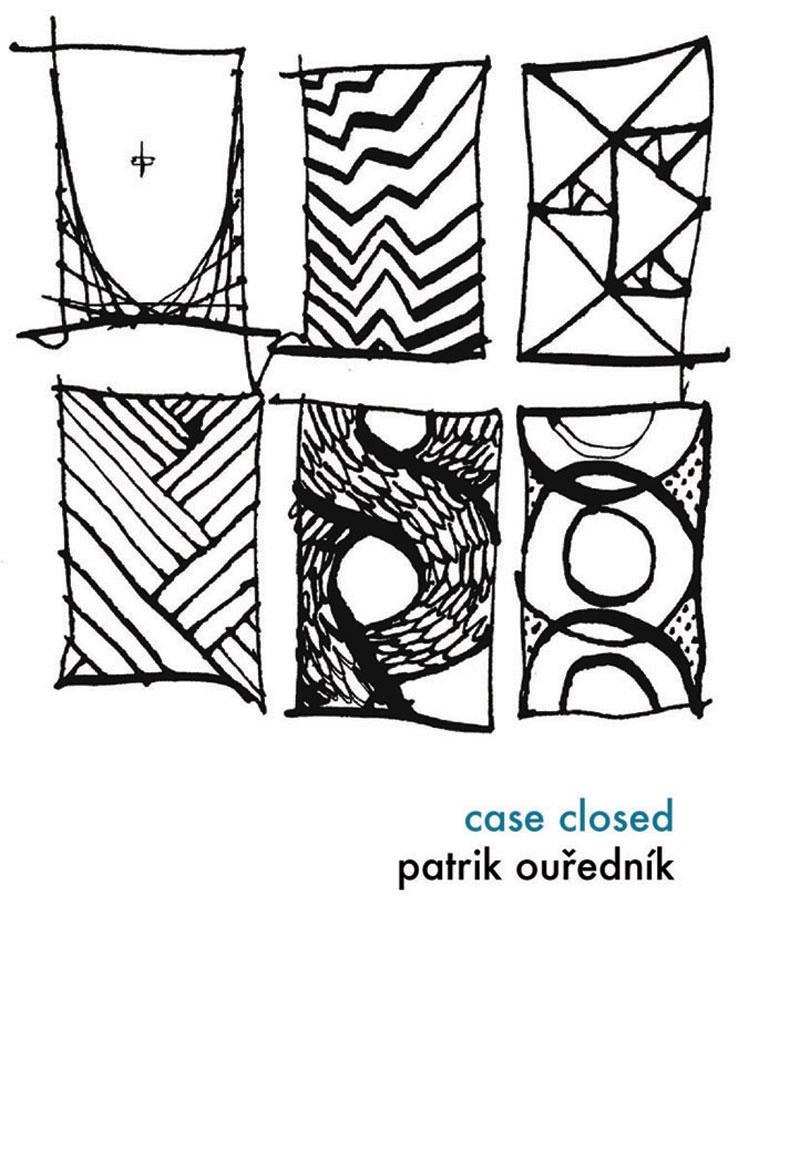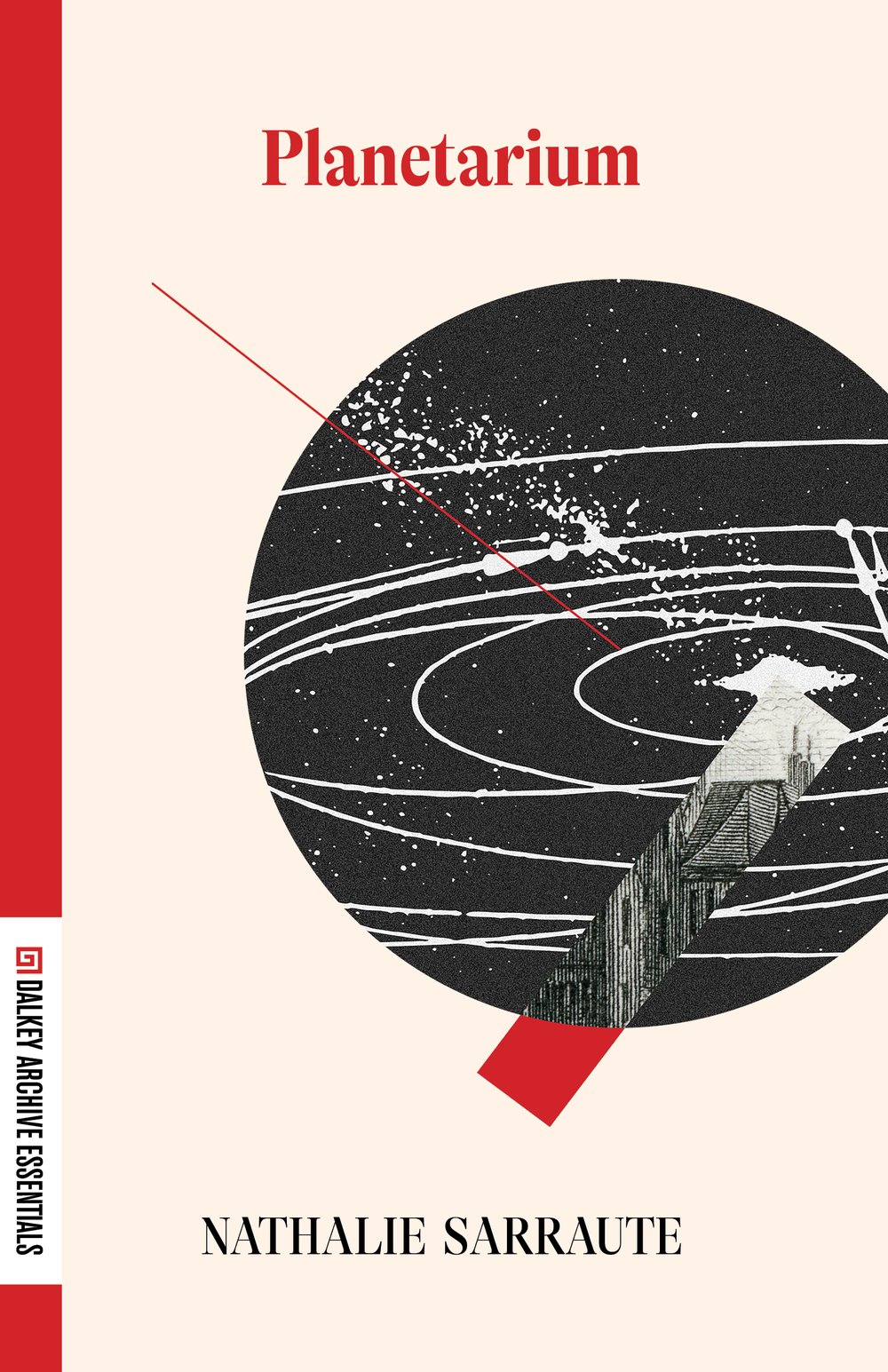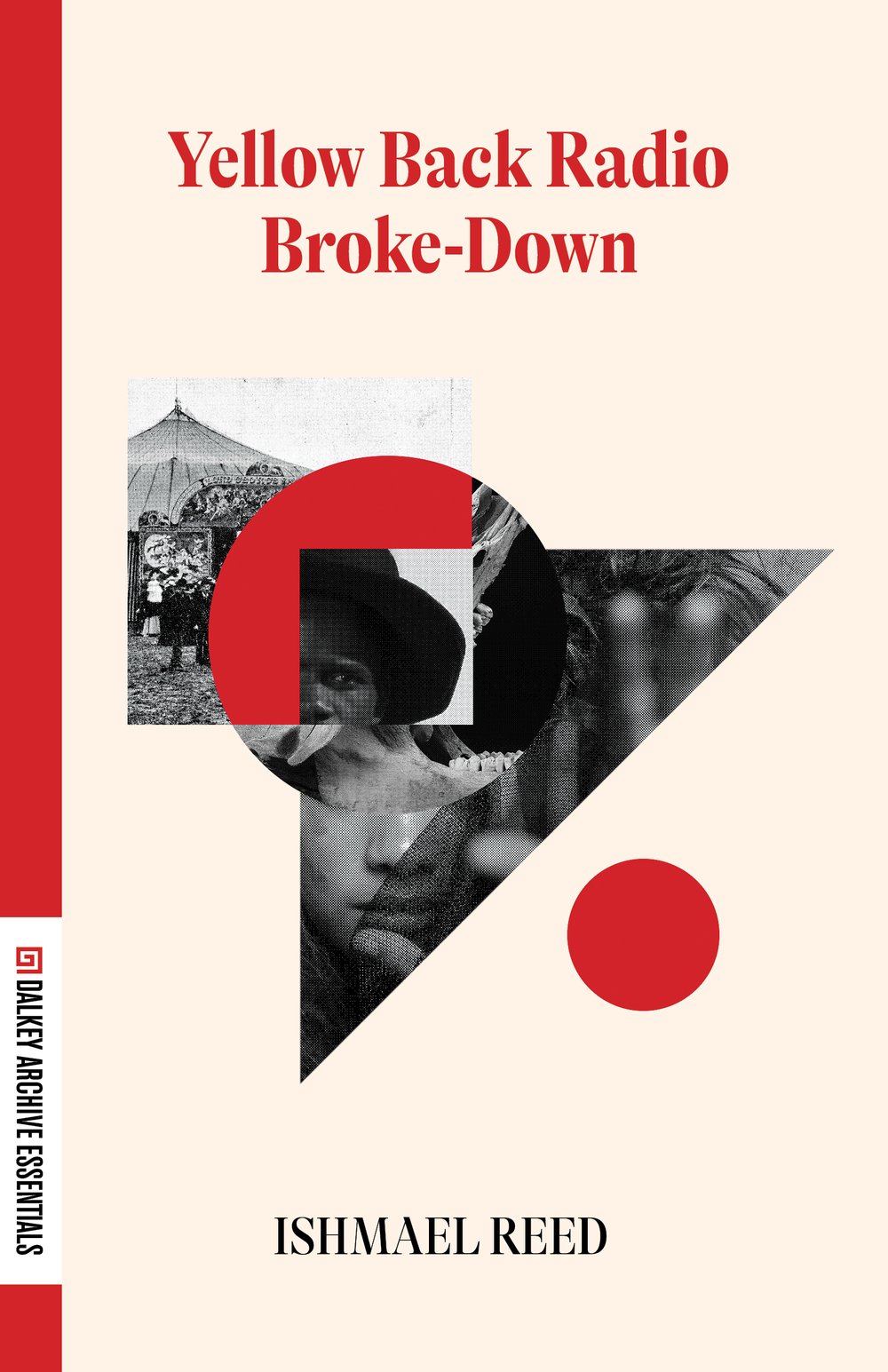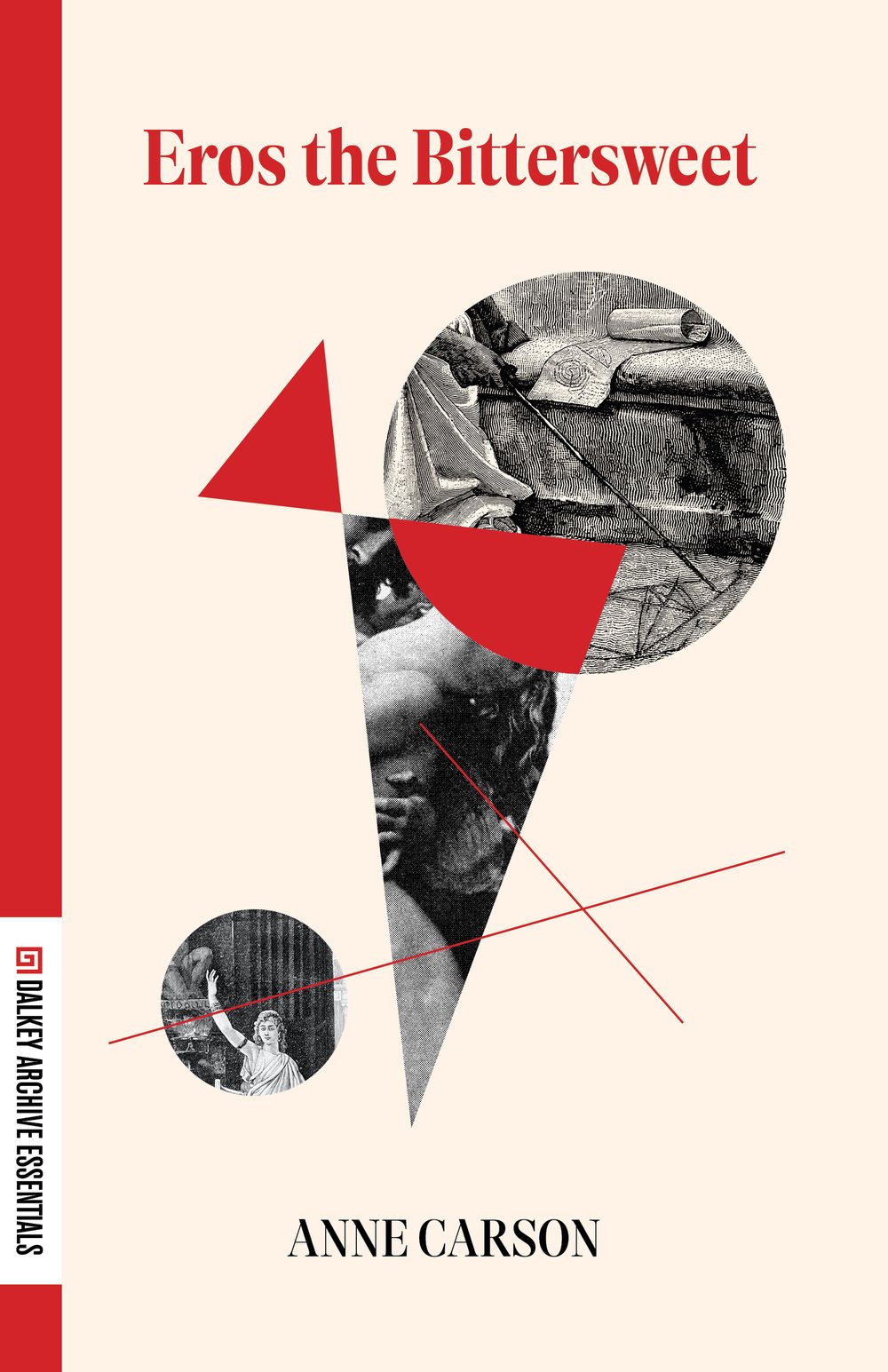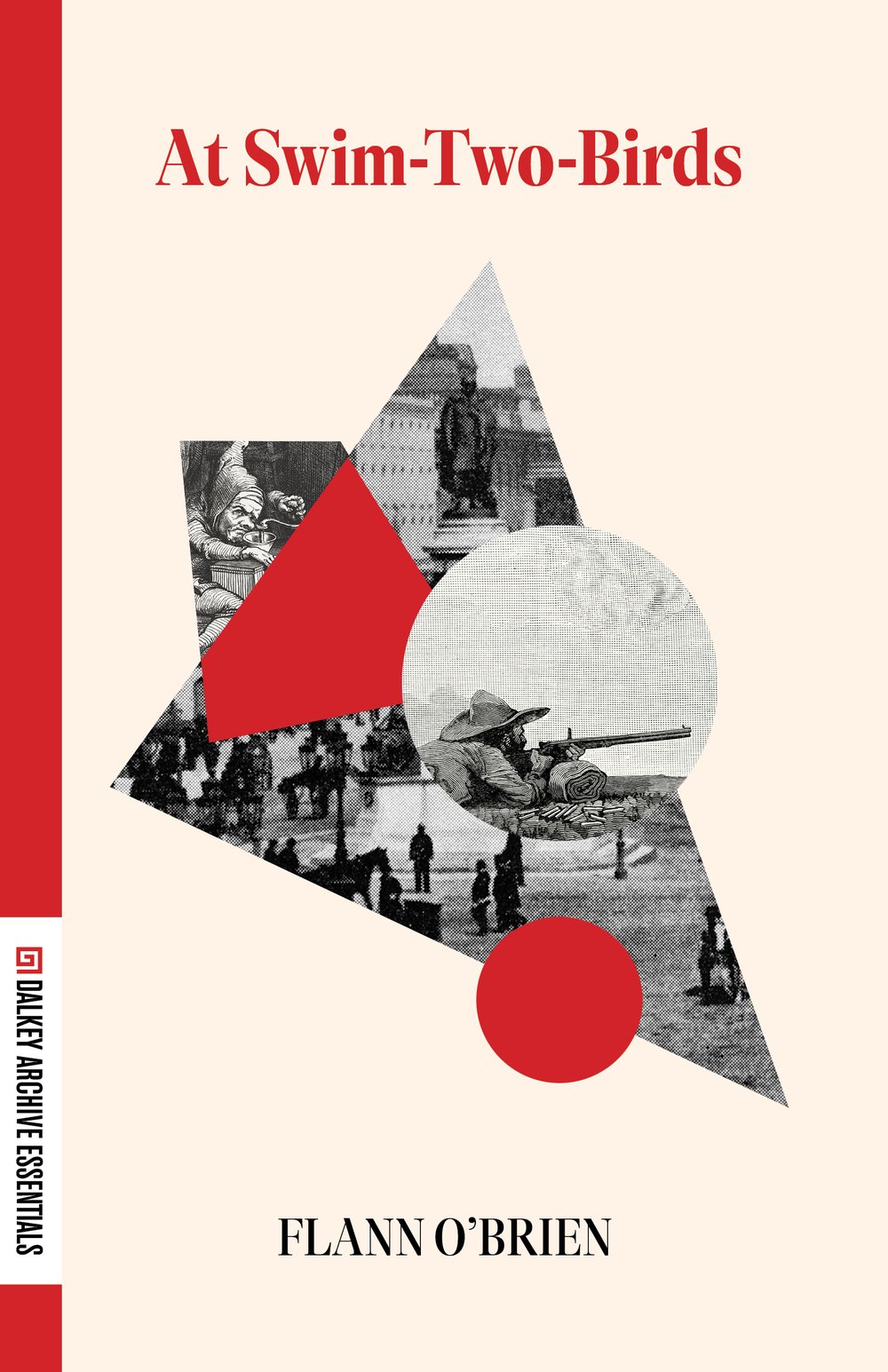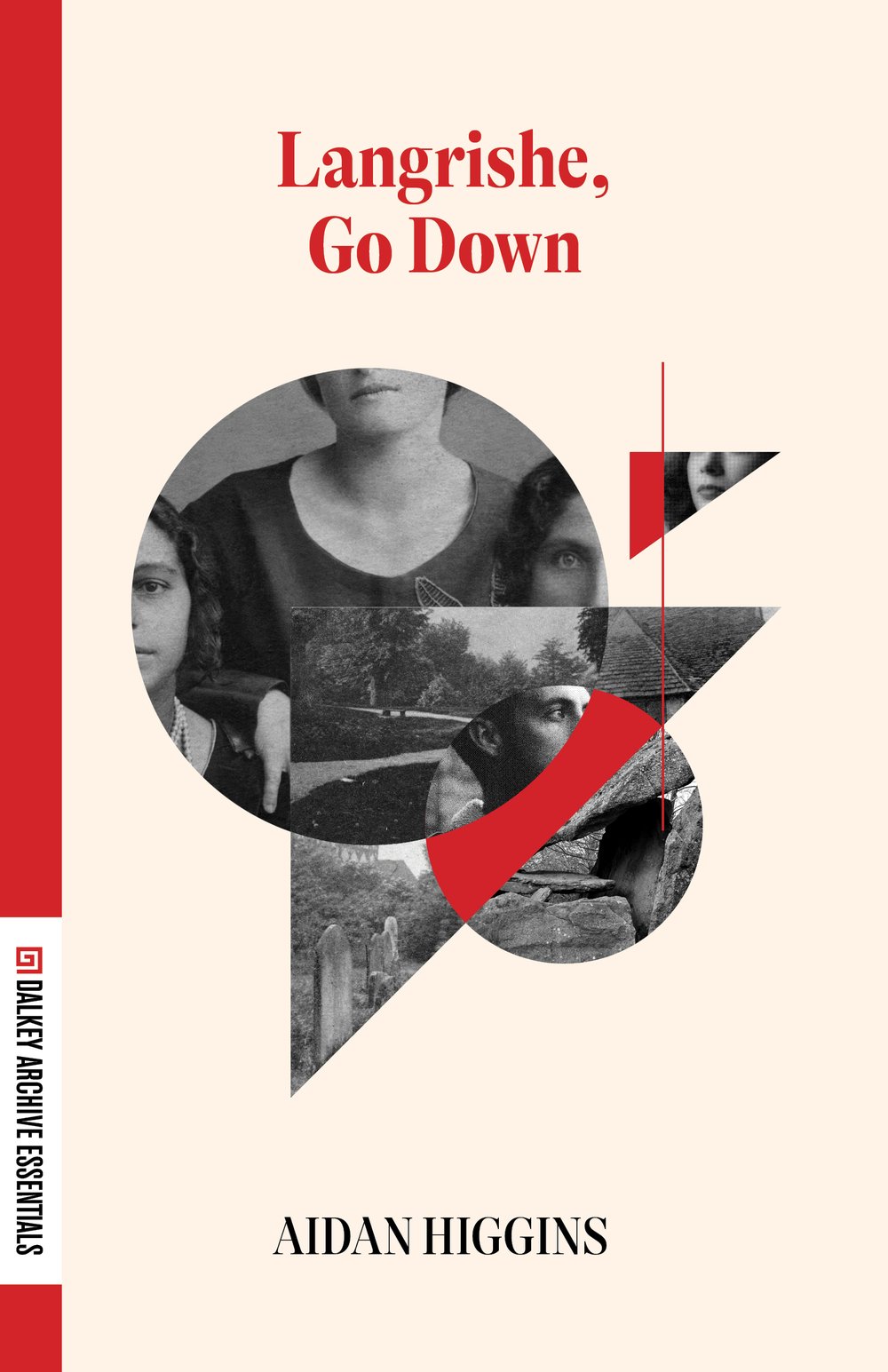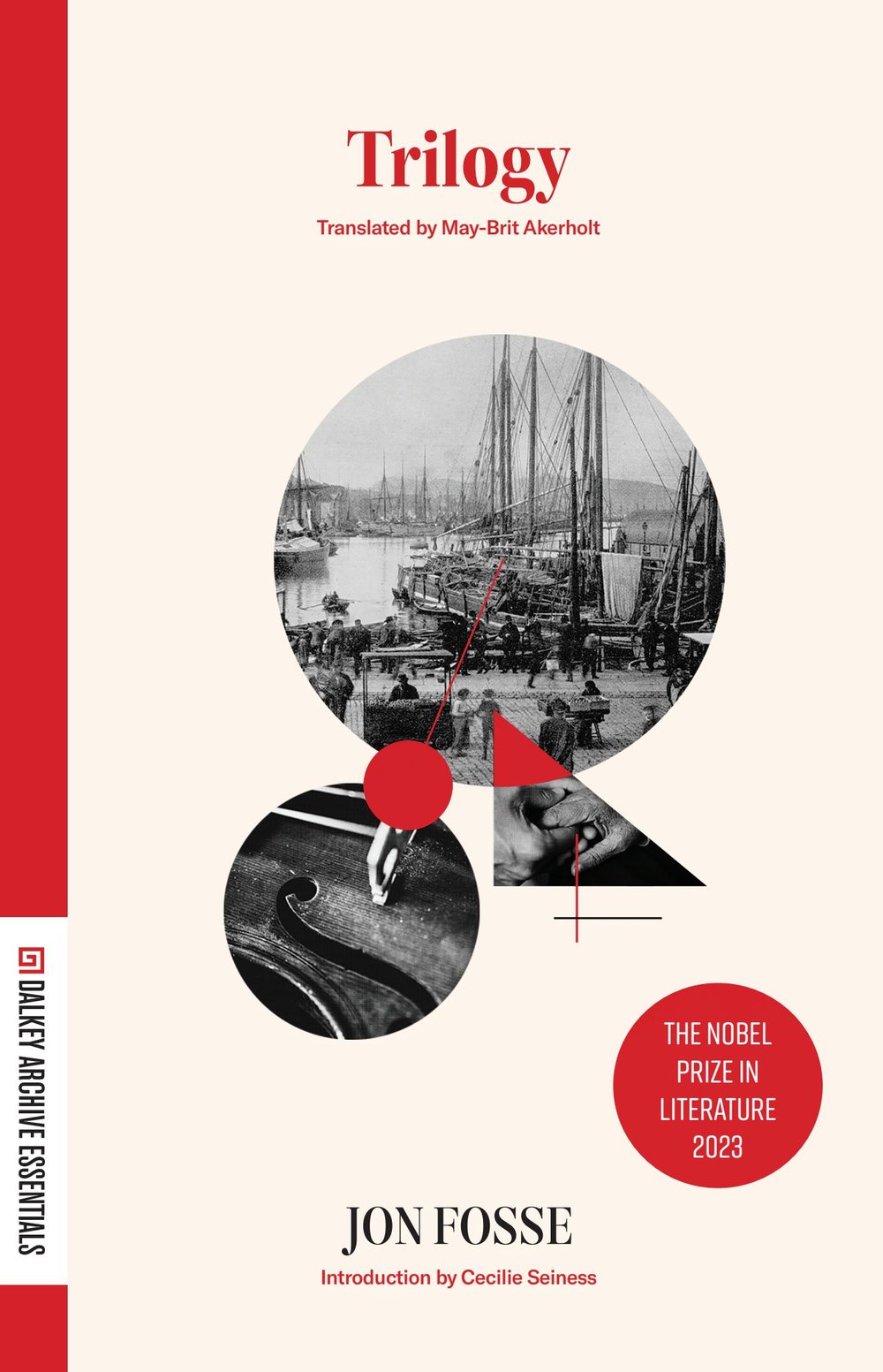Europeana
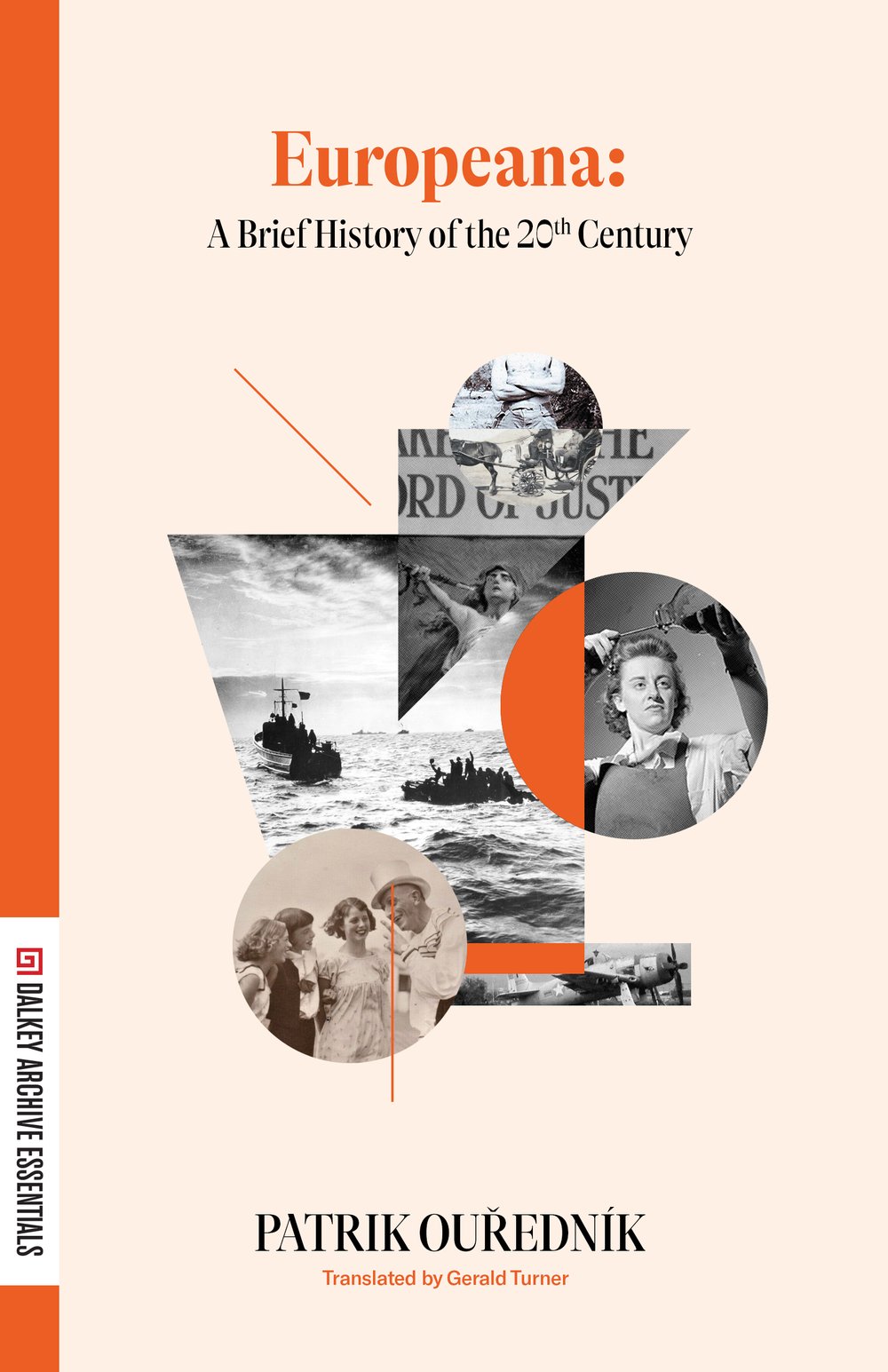
Tracing the Great War through the Millennium Bug, 1999 through 1900, Dadaism through Scientology through Sierra Leonean bicycle riding and back, award-winning Czech author Patrik Ourednik explores the horror and absurdity of the twentieth century in an explosive deconstruction of historical memory.
Europeana: A Brief History of the Twentieth Century opens on the beaches of Normandy in 1944, comparing the heights of different forces’ soldiers and considering how tall, long, or good at fertilizing fields the men’s bodies will be. Probing the depths of humanity and inhumanity, this is an account of history as it has never been told: “engaging, even frightening.” At once recreating and uncreating the twentieth century, Ourednik explores the connections across the decades between the disparate figures, events, and politics we thought we knew.
Patrik Ourednik’s Europeana merits the author’s reputation as a giant of post-1989 Czech literature. Now translated into 33 languages, the book is a masterwork of cubism, a polymorphic monologue of statistics and movements and fine print and discoveries that evokes the deadpan absurdity of Kafka and the gallows humor of Hašek. Ourednik has created a mesmerizing, maddening account of the past, and his interrogation of “truth” and objectivity resonates now more than ever.

Patrik Ourednik was born in Prague, but immigrated to France in 1984 where he still lives. He is the author of eight books, including fiction, essays, and poems. He is also the Czech translator of novels, short stories, and plays from such writers as Francois Rabelais, Alfred Jarry, Raymond Queneau, Samuel Beckett, and Boris Vian. He has received a number of literary awards for his writing, including the Czech Literary Fund Award

